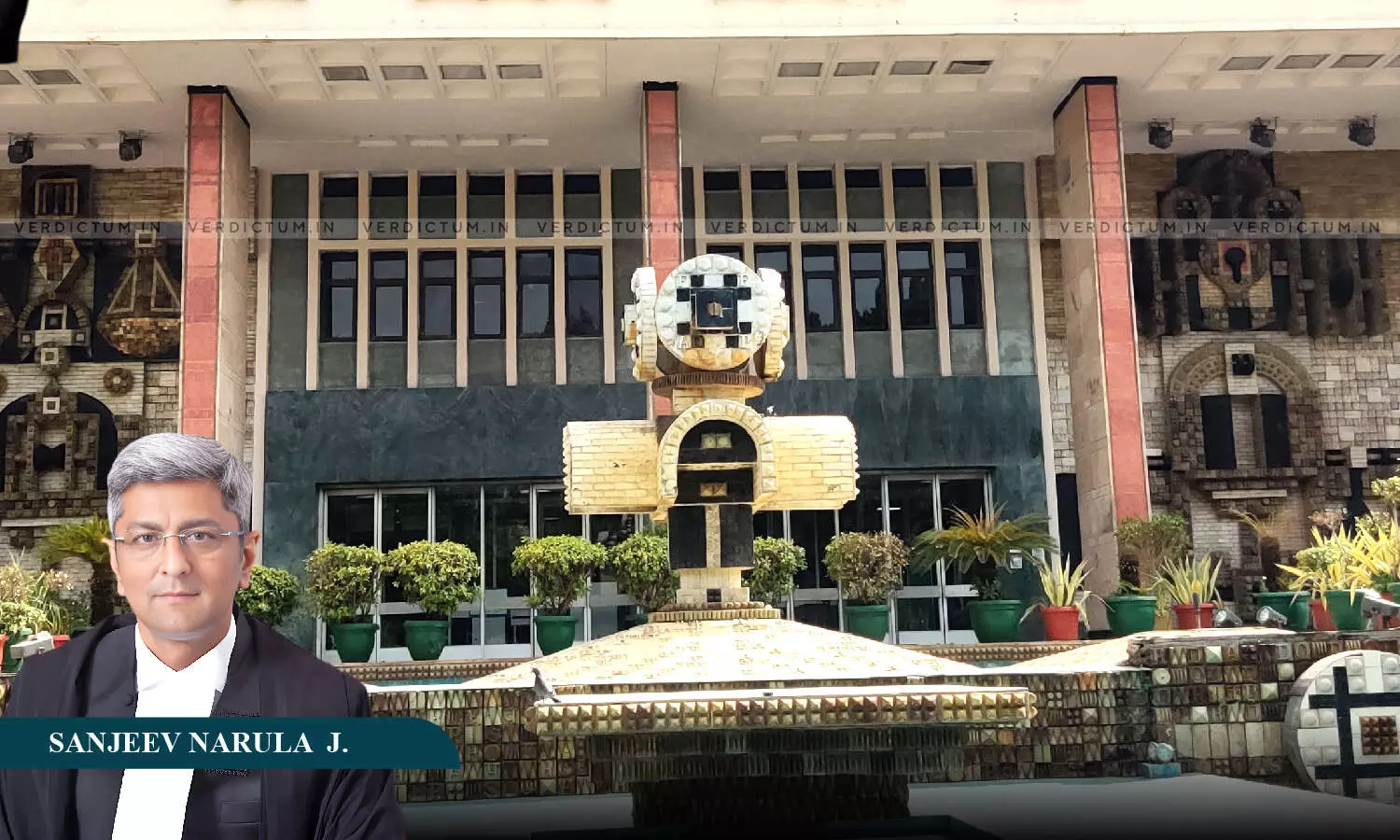
"Issue Is Symptomatic Of A Larger Urban Planning Failure": Delhi HC Calls For Policy-Based Response To Parking Issues In Residential Areas
 |
|The Delhi High Court has emphasized the need for a policy-based response from municipal authorities to address the persistent issue of parking in residential colonies, calling it a symptom of "urban planning failure."
The Single-Judge Bench of Justice Sanjeev Narula noted that the growing problem of parking in narrow residential streets in the national capital requires comprehensive urban planning rather than piecemeal judicial intervention.
“The absence of dedicated parking spaces in residential colonies is a civic issue that requires a policy-based response from municipal authorities rather than judicial intervention in individual disputes,” the Court observed.
The case involved a petition by a woman from the Badarpur area, who sought directions to prevent residents from parking their vehicles in front of her house and shop. She alleged that the unauthorized parking caused a traffic problem and obstructed access to her property.
While acknowledging the inconvenience faced by the petitioner, the court noted that the vehicles were parked on a public street, which, by nature, is a public space accessible to everyone. The Single-Judge stated that the issue stems from a larger urban challenge, as many colonies were developed without considering future parking needs.
“This issue is symptomatic of a larger urban planning failure, where colonies were developed without sufficient foresight regarding parking facilities,” the Court said, adding that parking in public streets has become a reality due to the lack of alternative options.
The Court emphasized that any solution to this problem must involve comprehensive planning by urban authorities, including municipal corporations, Resident Welfare Associations (RWAs), and the police. Judicial intervention, the court noted, could not resolve such a widespread issue. The Bench also observed that if the petitioner sought relief for nuisance caused by her neighbours, it would need to be adjudicated by a civil court, as such claims fall under the private tort of nuisance.
The High Court, under Article 226 of the Constitution, lacks jurisdiction over private tort claims. "As regards the Petitioner’s allegations against the neighbours for creating a nuisance, it is also important to note that such a claim constitutes a private tort of nuisance, which would need to be adjudicated by a competent civil court if the Petitioner seeks relief on that ground. This Court, under Article 226 of the Constitution, does not have the jurisdiction to determine private tort claims," the Court said.
The Court urged municipal authorities to formulate policies to address the parking crisis in densely populated areas of Delhi, noting that the problem is "endemic to the city at large."
Consequently, the Court said, "this is not a case where judicial intervention under the constitutional writ jurisdiction is warranted. The matter primarily involves urban planning issues and private nuisance claims, which must be addressed through appropriate other civil remedies." Accordingly, the Court disposed of the petition.
Cause Title: Surmila v. The Commissioner of Police & Ors.
Appearance:-
Petitioner: Advocates Hem Kumar, Lokesh Kr. Sharma
Respondent: Advocates Puneet Yadav (ASC), Jatin Singh
Click here to read/download the Order